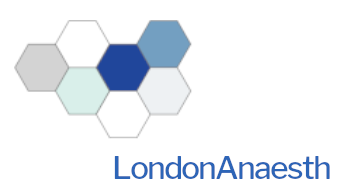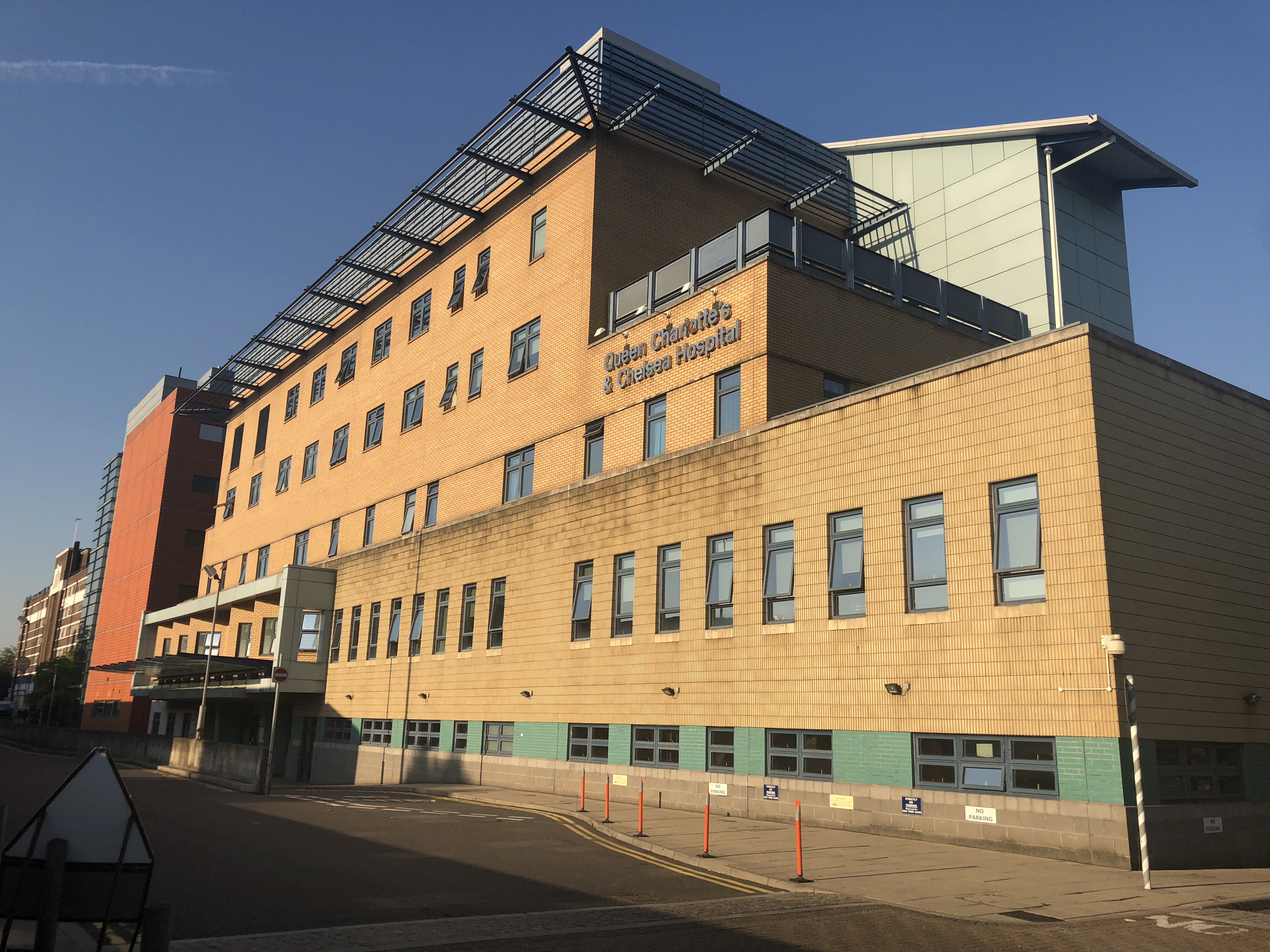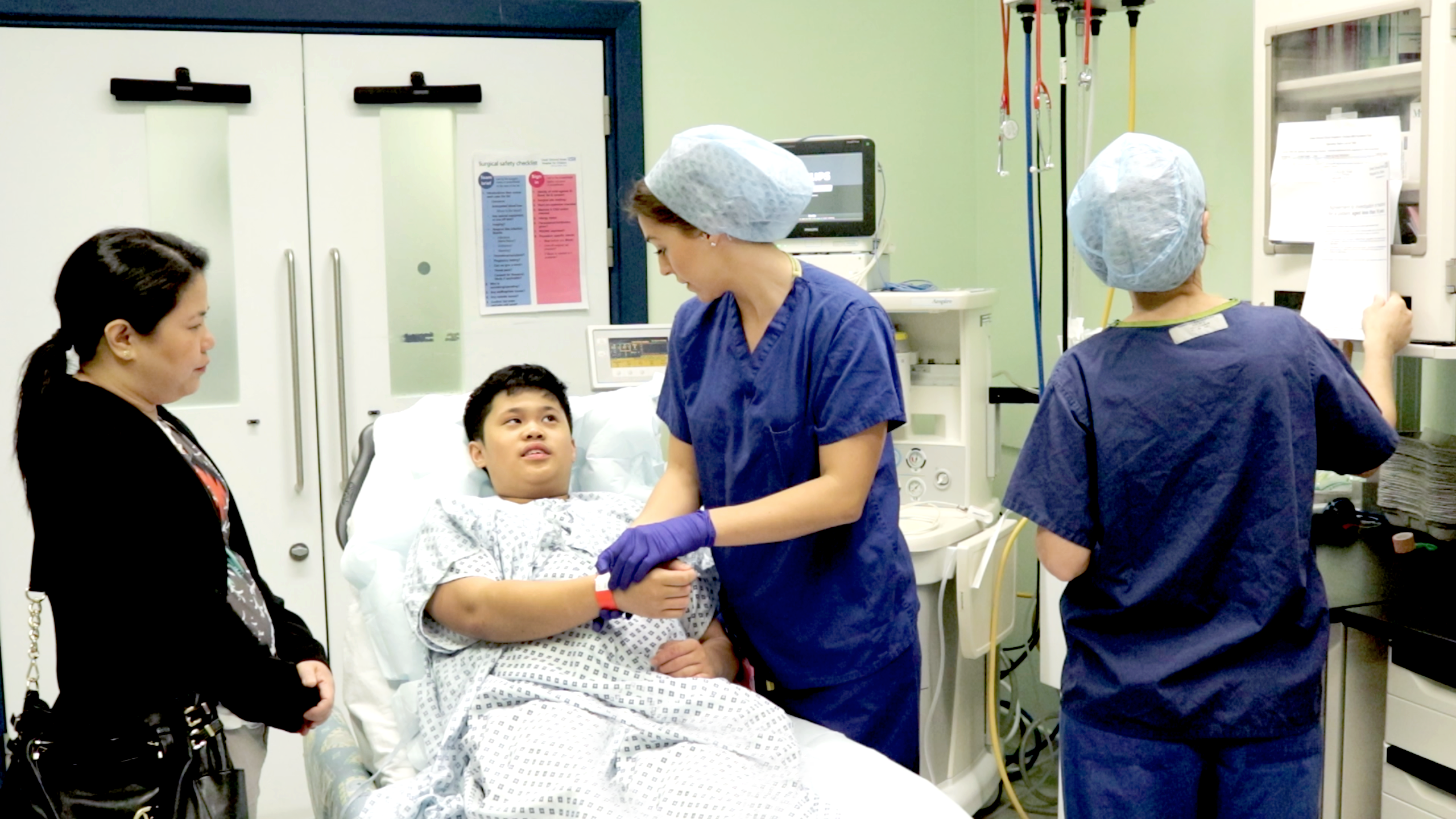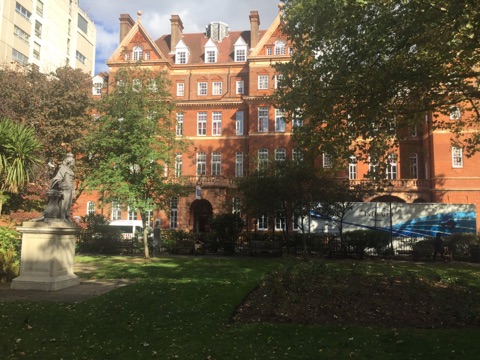Great Ormond Street Hospital for Children is a postgraduate teaching hospital with 350 beds, and is a national centre for children with a wide spectrum of disease. The full ranges of medical, surgical and diagnostic specialities are available.
Trainees in Paediatric Anaesthesia are integral members of the department of anaesthesia and work supervised (at various levels) and independently as appropriate to their skills.
It is the largest paediatric facility in the UK and has a unique surgical caseload including heart and lung transplantation, epilepsy surgery and cerebral vein embolization for vein of Galen malformation
Working at Great Ormond Street Hospital is an incredible opportunity to gain higher and advanced paediatric anaesthetic training in a complex group of patients. Posts are available for 6 and 12 months within programme, or fellowship (12 month) posts which are out of programme and open application. The 12-month posts include a 3 month rotation to either PICU or CICU. Trainees are selected through a formal interview process conducted jointly between the Schools and GOSH.
Within anaesthetic training, registrars rotate through subspecialties such as cardiac, plastics, ENT, and general surgery. The registrars are from all schools within London, as well as national and international trainees. All trainees are post FRCA, and as such the focus is on education within the post, and expanding extra-curricular interests in audit, research and academia.
Initially trainees are allocated to lists with a consultant, but as you gain competence and confidence there are lots of opportunities for independent practice. Towards the end of a rotation you should expect to be working solo for around 50% of lists, with support always available if needed. As a result, you will become confident in anaesthetising for a wide range of children with complex pathologies; a useful skill regardless of your career aims. All the consultants are supportive and approachable, and happy to teach as well as let trainees ‘run the list’.
There is a strong focus on teaching, and all trainees are expected to attend teaching sessions, and present at least once at educational meetings. Overall you can get a lot out of this job if you are willing to work hard and take opportunities.
Number of Operating Theatres 15 Theatres
21,500 Anaesthetics delivered per year
Number of ICU Inpatient beds /HDU Beds 36
PICU 13 / NICU 10 / CICU 20
Surgical Specialities General, Cardiothoracics, Neurosurgery, Urology, Orthopaedics, Spinal, Plastics, ENT, Craniofacial, Ophthalmology, Interventional Radiology, Dental




